Maracujá
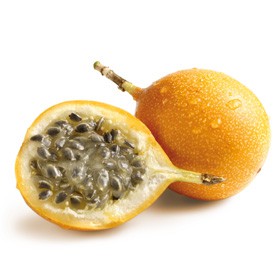
Passiflora edulis
Maracujá is also known as passion fruit and can be found in two varieties: one purple-coloured and the other one yellow. The first one comes from the South of Brazil, while the origin of the other is uncertain. Its sophisticated and pleasantly acid taste makes it an ideal ingredient for juices, ice creams and cocktails.
Maracujá is a very good source of β-carotene and of vitamins of the B complex (especially, niacin) and enjoys high levels of minerals (calcium, potassium and phosphorus). Contains also passiflorine, an effective relaxing substance, that does not cause addiction.
Chemical-Physical and Nutritional average values for 100g
Nutritional properties
| Values per 100g | NRV* % | |
|---|---|---|
| Energy | 46 Kcal - 197 Kj | |
| Proteins | 0,6 g | |
| Carbohydrates | 8,0 g | |
| Fats | 0,3 g | |
| Vitamin C | 25,0 mg - 42% RDA | |
| β-carotene | 0,720 mg - 120 RE | |
| Niacin | 2,4 mg - 13% RDA | |
| Potassium | 200 mg |
Chemical-physical properties
| Values per 100g | |
|---|---|
| Total solids | 13 g |
| Soluble Solids | 12 °Brix |
| Acidity (Citric Acid) | 3,0 g |
* NRV = Nutrient Reference Values








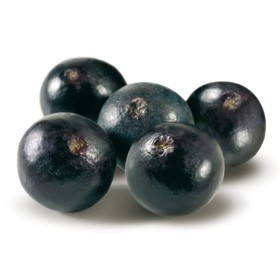
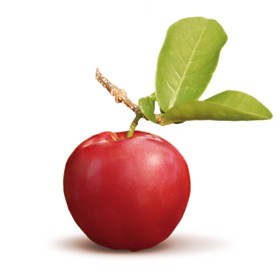
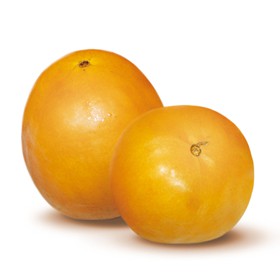
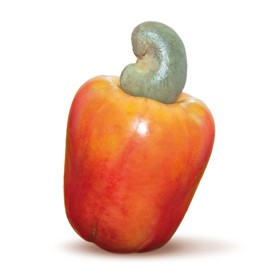
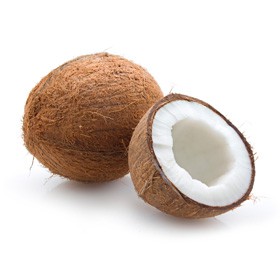
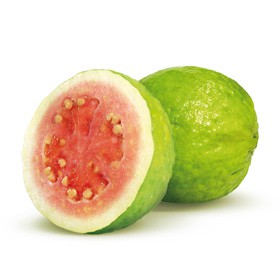
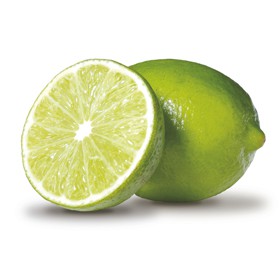
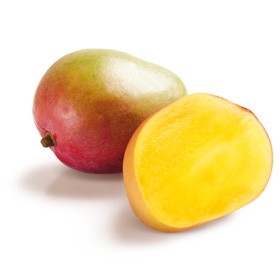
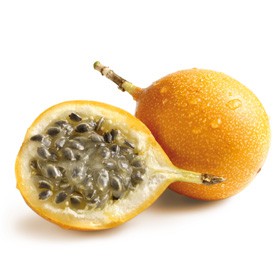
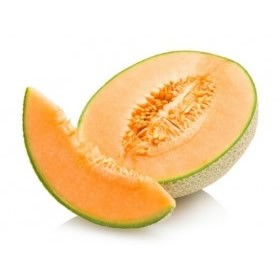
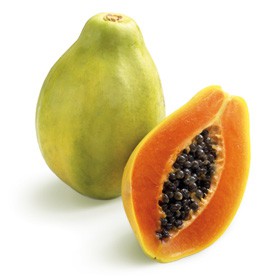
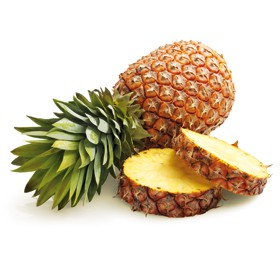
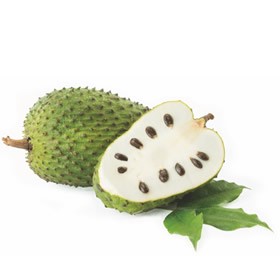
 Facebook
Facebook Instagram
Instagram